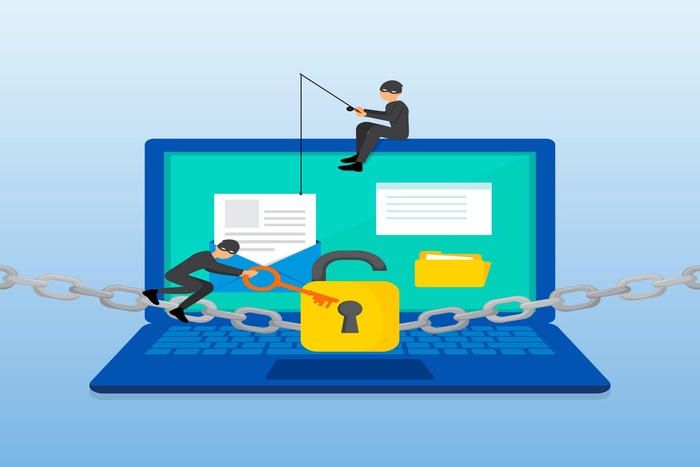Why File Encryption is Essential in Today’s Digital World
December 6, 2024

In an era dominated by digital communication and storage, securing sensitive information has become a paramount concern for individuals and organizations alike. With the exponential growth of data breaches and cyberattacks, safeguarding digital assets is no longer optional. Among the array of protective measures available, file encryption stands out as an indispensable solution for ensuring data privacy and security.
The Rise of Cyber Threats in the Digital Age
The digital landscape is riddled with potential vulnerabilities. From phishing attacks targeting personal credentials to sophisticated malware infiltrating corporate networks, the threats are diverse and ever-evolving. As technology advances, cybercriminals develop increasingly refined tactics to exploit weaknesses in digital systems. This reality underscores the critical need for robust measures that can protect sensitive information, even if unauthorized access occurs. File encryption serves this purpose by transforming data into an unreadable format, ensuring its integrity regardless of external threats.
Understanding the Mechanism of File Encryption
File encryption employs algorithms to encode data, making it accessible only to authorized parties who possess the decryption key. This process acts as a digital lock, securing files from unauthorized viewing or tampering. Whether stored on local devices, cloud platforms, or transmitted over networks, encrypted files maintain their confidentiality.
For businesses, this mechanism is vital in protecting trade secrets, customer data, and financial records. For individuals, encryption ensures the safety of personal information such as banking details, medical records, and private communications. By incorporating encryption into daily operations, users can mitigate risks associated with data breaches and unauthorized disclosures.
Regulatory and Legal Implications
Governments and regulatory bodies worldwide recognize the importance of file encryption in safeguarding sensitive information. Regulations such as the General Data Protection Regulation (GDPR) and the Health Insurance Portability and Accountability Act (HIPAA) mandate stringent data protection measures, with encryption often being a recommended or required practice. Non-compliance with these regulations can lead to severe financial penalties and reputational damage. Implementing encryption demonstrates a proactive approach to data security, ensuring adherence to legal standards while building trust with stakeholders.
Enhancing Business Continuity and Customer Confidence
Data breaches can disrupt operations and erode customer confidence, leading to significant financial and reputational losses. Encryption provides a safety net, ensuring that sensitive information remains secure even in the event of a breach. This assurance fosters trust among customers, partners, and investors, highlighting an organization’s commitment to protecting its assets.
Moreover, encrypted backups of critical files play a crucial role in disaster recovery plans. Whether facing hardware failures, natural disasters, or cyber incidents, encrypted data ensures quick and secure restoration, minimizing downtime and operational setbacks.
Future-Proofing Against Emerging Threats
As quantum computing and other advanced technologies emerge, the cybersecurity landscape will undergo transformative changes. Encryption methods are evolving to counteract these potential threats, with quantum-resistant algorithms paving the way for future-proof security. Staying ahead in this dynamic environment requires adopting and updating encryption practices to address the challenges of tomorrow.
File encryption has transcended from being a luxury to an essential component of digital security. In a world where data breaches and cyberattacks are increasingly common, the need for encryption is undeniable. By safeguarding information from unauthorized access, ensuring regulatory compliance, and enhancing operational resilience, file encryption remains a cornerstone of modern cybersecurity strategies. Investing in encryption today is a step toward a secure and reliable digital future.

